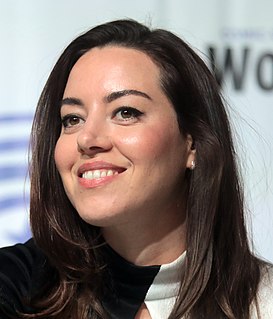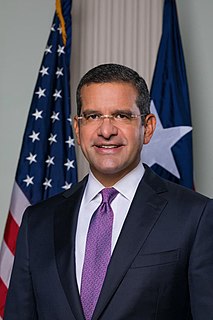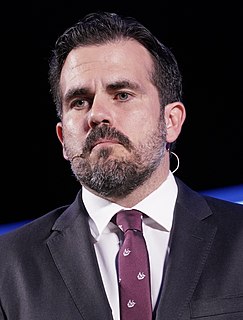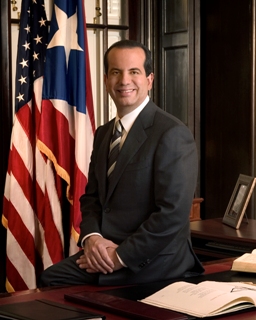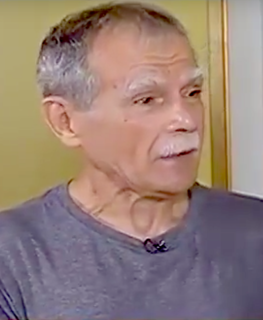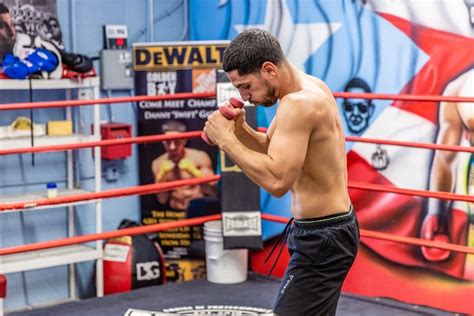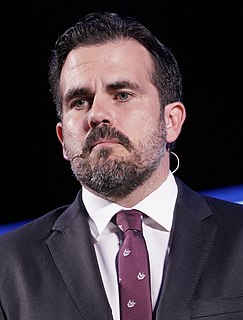A Quote by Aubrey Plaza
My grandfather came over from Puerto Rico and raised his kids speaking English so that it would be easier for them to assimilate.
Quote Topics
Related Quotes
The truth of the matter is that we are being very aggressive, so that we can lay the foundations for investors to come to Puerto Rico, for jobs to be created, and for opportunities to ensue. And our objective, again, is for Puerto Rico, for the people of Puerto Rico who want to stay here, for them to have the opportunity to stay here.
Puerto Ricans are U.S. citizens, but by their own choice, Puerto Rico is not a state. The relationship has worked well for Puerto Rico - which has strengthened its culture, language and economy - and for the United States, which has helped create in Puerto Rico a showcase of democracy and prosperity for all of Latin America.
I believe that the overwhelming majority of Puerto Rico wants to be Puerto Ricans. I have been in five different states in the United States, and I have found young Puerto Ricans in the states who really love Puerto Rico, who really want to do something for Puerto Rico. And for me, Puerto Rico has to be the promised land of all Puerto Ricans, whether we are in the United States or wherever we are at. But this has to be the promised land. Annexation will never be the answer.
The overwhelming majority of Puerto Rico is completely, completely alienated from the political structure. Colonialism is really, really strong and alive in Puerto Rico. And the politicians have taken full advantage of that. We have a debt of $74 billion, caused primarily by the system and the political structure that exists in Puerto Rico.
